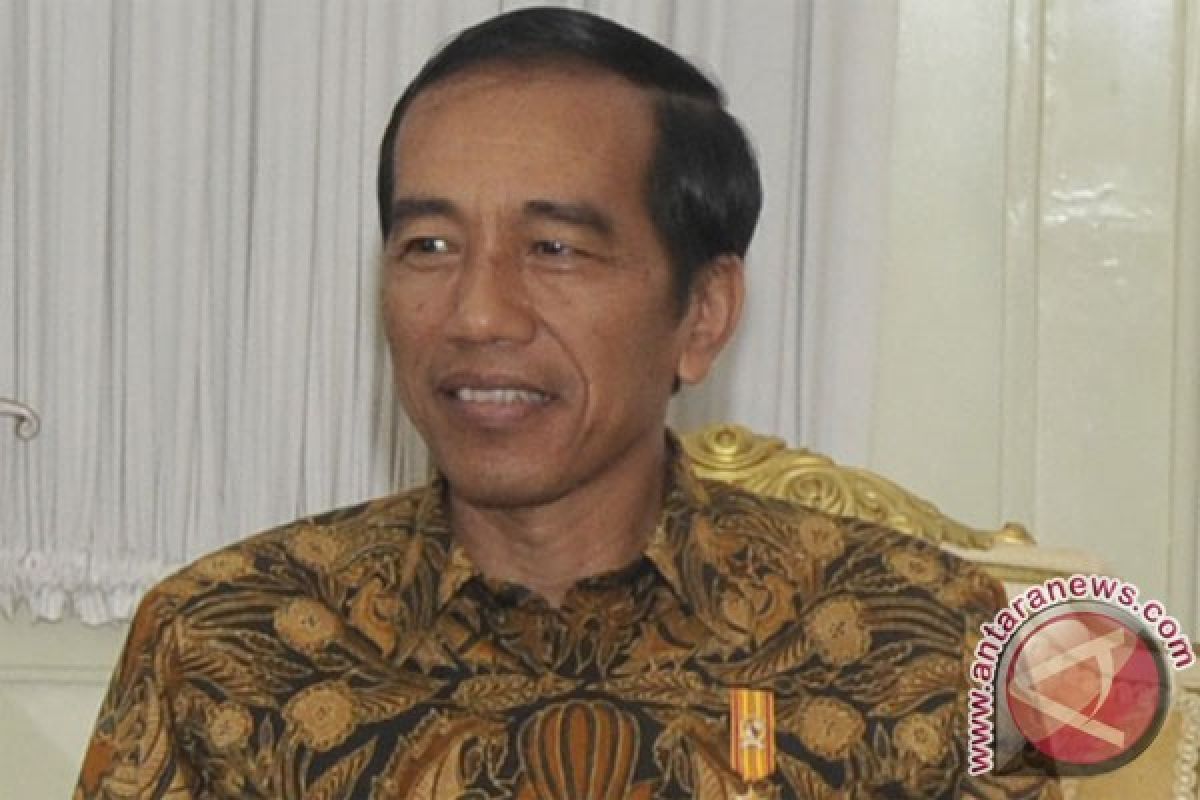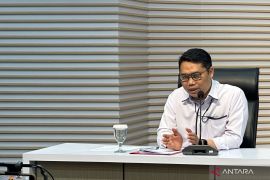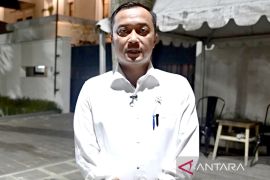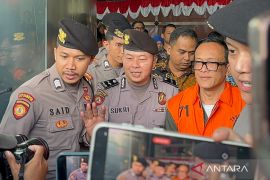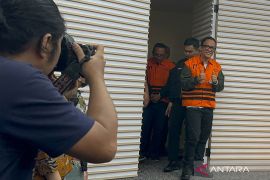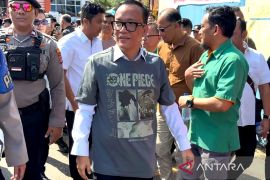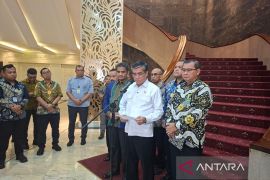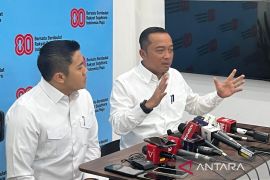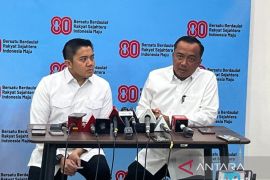Acting chief of KPK Taufiqurrahman Ruki said after meeting with the President on Friday (June 18) the President had rejected the plan because it was not high on the list of priorities.
Many quarters have expressed concern over the revision plan suspecting that it was merely aimed at weakening the institution.
Acting KPK commissioner Indriyanto Seno Adji has said "I do not understand about the idea of KPK law revision which comes from the House of Representatives. It seems it is only aimed at reducing KPKs authority such as its power to wiretap.
Deputy House Speaker Fadli Zon denied that the plan to revise the law was part of efforts to weaken the institution.
"The revision of the KPK law is not for weakening KPK. The name is clear which is revision. Revision means returning KPK to its real function so as to prevent institutional problems," he said.
According to him, the law was produced during a euphoria and under the spirit of democratization as an ad hoc institution as the police and the prosecutors office were considered as not yet functioning optimally then.
Fadli Zon said KPK could do many things including wiretapping which could be abused.
He said KPKs power to wiretap must be put in order stating KPK could not wiretap without legal procedures and regulation.
He said efforts must also be taken to prevent KPK commissioners from possibly abusing power.
Regarding other issues that need to be revised he said that KPKs prevention and enforcement procedures must be explained because in practice a lot of violations have been made.
He said the revision was needed so that KPK could run on a right track to prevent possible victims under the current system.
The government, through Minister of Law and Human Rights Yasonna Laoly has applied for including the revision of the law into the national legislation program (Prolegnas) for 2015.
"The law has been put in the long list of the Prolegnas 2015-2019 as an initiative of the House of Representatives (DPR) and so it needs to be submitted as a priority program," he said at the parliament on June 16.
He said the implementation of the KPK law still causes problems hindering corruption eradication and prevention efforts and in view of that revision is needed.
"The revision is, firstly, regarding its power to wiretap, which it must be done only upon those who have judicially been processed to prevent possible human rights violations", he said.
He said KPKs power to prosecute must also be coordinated with that of the Attorney Generals Office.
He said a supervisory body was also needed to supervise the institutions activities and a regulation should also be formulated with regard to the implementation of the principle of collective-collegial leadership of KPK and to deal with a situation in case KPK leaders are unable to carry out their duty.
Vice President Jusuf Kalla is of the view that the KPK law needs to be revised.
And he saw that it was impossible to do because even the constitution could be amended.
The vice president added that the revision of the law on the KPK was needed to improve it to meet new developments and to strengthen it, as it was framed a long time ago.
"The main requirement is to ensure that the commissions task of eradicating corruption remains," he pointed out.
Kalla opined that there was no institution in the world that had preformed as extraordinarily as the KPK, referring to its ability to jail eight cabinet ministers and 14 provincial governors within a decade.
"Do you see any other country in the world that has imprisoned eight ministers and 14 provincial governors within 10 years? No, (you dont). We are the greatest. Why must it stop because something needs to be evaluated?" he remarked.
Vice President Jusuf Kalla also pointed out that no leader has the absolute authority.
In view of that, he stated that the revision of law number 30 of 2000 on the KPK needs to be considered.
"An authority has to have limits. This means that the KPKs authority must also be within limits. There must be no absolute authority," he said.
He said a revision does not mean that the role of the anti-graft agency will be reduced.
KPK chief commissioner Abraham Samad has been suspended after he was named suspect by the police for alleged involvement in a trivial residential document forgery case.
KPK commissioner Bambang Widjojanto has also been suspended after he was named suspect by the police for allegedly ordering a witness to give a false testimony in a regional election dispute case while he was a lawyer years ago.
The suspension of the two happened after KPK named Inspector General Budi Gunawan a corruption suspect making him fail to become a national police chief candidate.
The court later declared that the KPKs decision was illegitimate. Budi Gunawan is now the deputy national police chief.
The current KPK leaderships term of office will end on December 16 and in connection with that President Joko Widodo has set up a committee to conduct selection of candidates.
The selection committee began the registration process to select the next KPK leadership on June 5 and the registration will remain open till June 24, before the committee announces the names, to provide the public an opportunity to scrutinize them and give inputs from June 27 to July 26.
After this period, the committee will select eight of them for submission to the president, who will then forward them to the House of Representatives that will conduct a fit and proper test.
(T.SYS/KR-BSR/S012)
Reporter: Yoseph H
Editor: Kunto Wibisono
Copyright © ANTARA 2015
